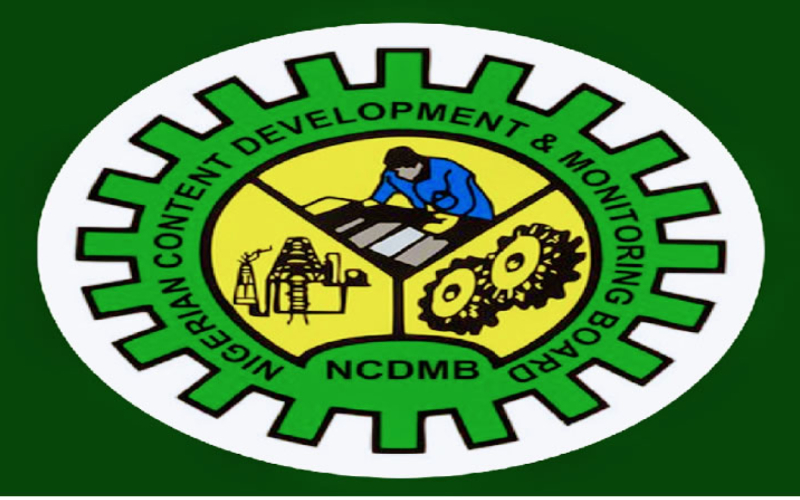The Niger Delta Group has praised the Nigerian Content Development and Monitoring Board for its consistent engagement with communities and groups in oil- and gas-producing areas through organized programs of enlightenment and leadership development.
At a four-day training workshop in Uyo, Akwa Ibom State, the Movement for the Survival of the Izon Ethnic Nationality in the Niger Delta gave NCDMB’s Executive Secretary, Engr. Simbi Kesiye Wabote, and General Manager, Corporate Communications and Zonal Coordination, Dr. Ginah O. Ginah, exceptionally high marks for their performance.
The statement claims that Ginah introduced the National Executive Council of the organization to the NCDMB’s Community Content Guidelines while officially opening the workshop. These guidelines were derived from the Nigerian Oil and Gas Industry Content Development (NOGICD) Act, 2010, which details, among other things, the advantages host communities may legitimately anticipate from oil and gas companies.
The systematic involvement of young people in host communities in productive endeavors, such as employment, training, services, and supplies, as well as the creation of essential infrastructure and the promotion of growth in host communities, he observed, is one of the goals of the Guidelines.
The NOGICD Act, he claims, has six major thrusts. The first is to integrate oil and gas-producing communities into the oil and gas value chain and increase Nigerian participation in the oil and gas industry.
He explained that an oil and gas company needed to establish a project office in a catchment area, as well as a community office in some cases.
He went on to say that the policy sought to ensure that indigenous peoples in the communities were gainfully employed and earned a living wage for their efforts.
“All unskilled job roles are for indigenes, while at least 50 per cent of semi-skilled job roles and 10 per cent of skilled job roles are also for them,” it stated.
He noted that there were rules that must be followed by companies in the procurement of goods and services, as well as the selection of contractors for projects and supplies, noting that the board had organized from time to time a mechanism known as Host Community Verification Exercise to ensure that contractors for certain categories of jobs were from host communities.
Explaining further, he said, “NCDMB partners with reputable financial institutions to offer funding support from the Nigerian Content Development Fund to host community business entities to finance purchase orders and to establish new businesses.”
He emphasized the importance of reporting infractions to NCDMB and advised community youths to never take the law into their own hands.
He also charged MOSIEND and other groups and activists in oil and gas-producing communities with researching the Community Content Guideline in order to avoid unnecessary conflicts with corporations.
MOSIEND President, Kennedy West, said “The struggle for equity and justice in the Niger Delta has suffered setbacks because of leadership deficit.
“We are unable to manage our success due to limited grasp of the intricacies of a struggle such as that of oil- and gas-producing communities.”
West suggested to the NCDMB management that the training be extended to the movement’s zonal and clan executives because they function at the community level, where the activities take place, and could be effective in reorienting youths.
The MOSIEND president said, “A training like this can help nurture healthy social habits and assured the NCDMB that MOSIEND would strive to rebrand and market the Niger Delta for the good of its people.”


